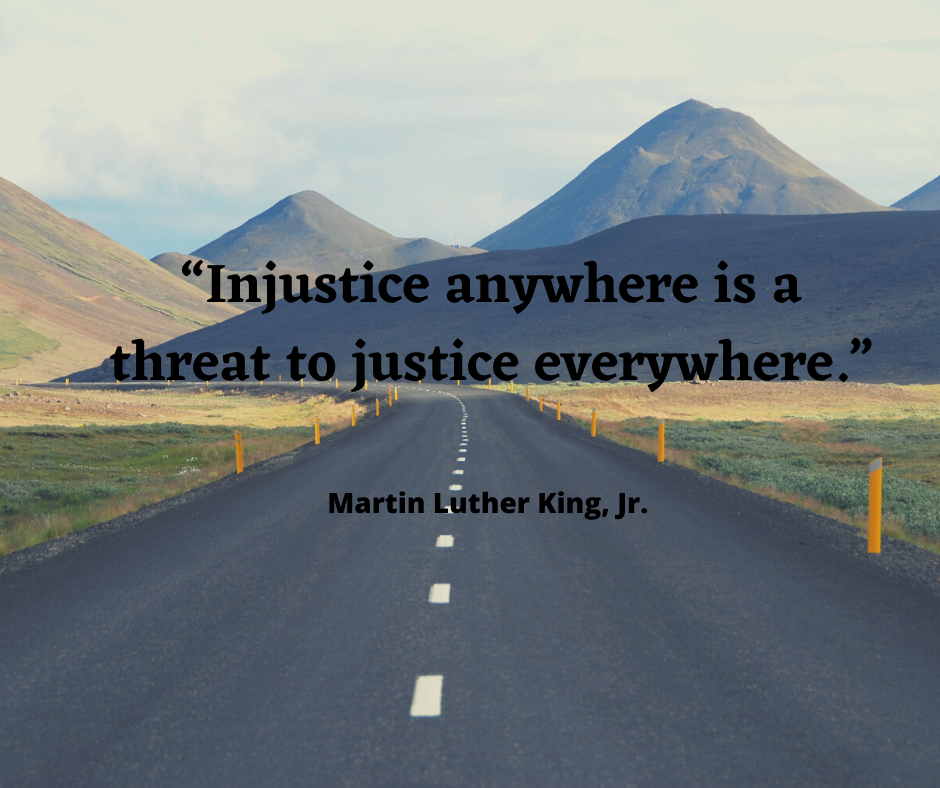What is the true impact of making resisting arrest a felony?
As we push to end police brutality and institutional racism against people of color, the state sheriffs continue to promote their proposed legislation. The ten proposed laws raise a multitude of questions, including can white male sheriffs ever acknowledge the power, authority, and privilege they already have? The proposed legislation sounds like a demand by sheriffs for full control and absolute authority over the people living in their counties. It’s hard to see how this legislation isn’t a mandate for a complete police state. Do the sheriffs know what democracy really is?

By making resisting arrest a felony, the sheriffs are demanding their authority never be questioned. They are insisting on the right to label someone a criminal without due process. They are judging someone guilty without an investigation or trial. They are setting themselves up as not just law enforcement officers, but also as judge and jury. Even if we are speaking of police officers who are free of all prejudice, who are all very fine people, no one should have that much power and authority. Making resisting arrest a felony, puts police officers in the position of being the final arbiter of justice, without any oversight. It ignores that fact that everyone, regardless of their job or position, needs oversight.
With this legislation, the officers get to define what resisting arrest is. So even if I simply ask why I’m being arrested, it would be possible to call that resisting. The outcome of an encounter with police then is dependent on the officer’s prejudices, both implicit and explicit. If, because of hidden unacknowledged biases, an officer is more likely to take issue with being questioned by a person of color, this legislation would reinforce institutional racism.
The sheriffs claim that making resisting arrest a felony would protect police officers, but what it would really do is give police officers greater ability to oppress people of color. Once a person is labeled a felon for resisting arrest, they would lose their right to vote. So, this one proposal alone has the impact of allowing a police officer to determine a person’s future ability to vote and affect change within their community. It is a form of voter suppression and allows the police to legally disenfranchise people of color.
Regardless of what the other nine points of legislation are about, this one item – making resisting arrest a felony – gives the police a greater ability of act on their own inner biases and racism. It shows that the sheriffs of NY are not interested in addressing racism. They are more concerned with expanding their authority than in working with community members to make our communities safe for everyone, particularly for people of color. The sheriffs insist racism doesn’t exist in their communities, but their insistence on increasing their own power and authority proves their denial wrong.